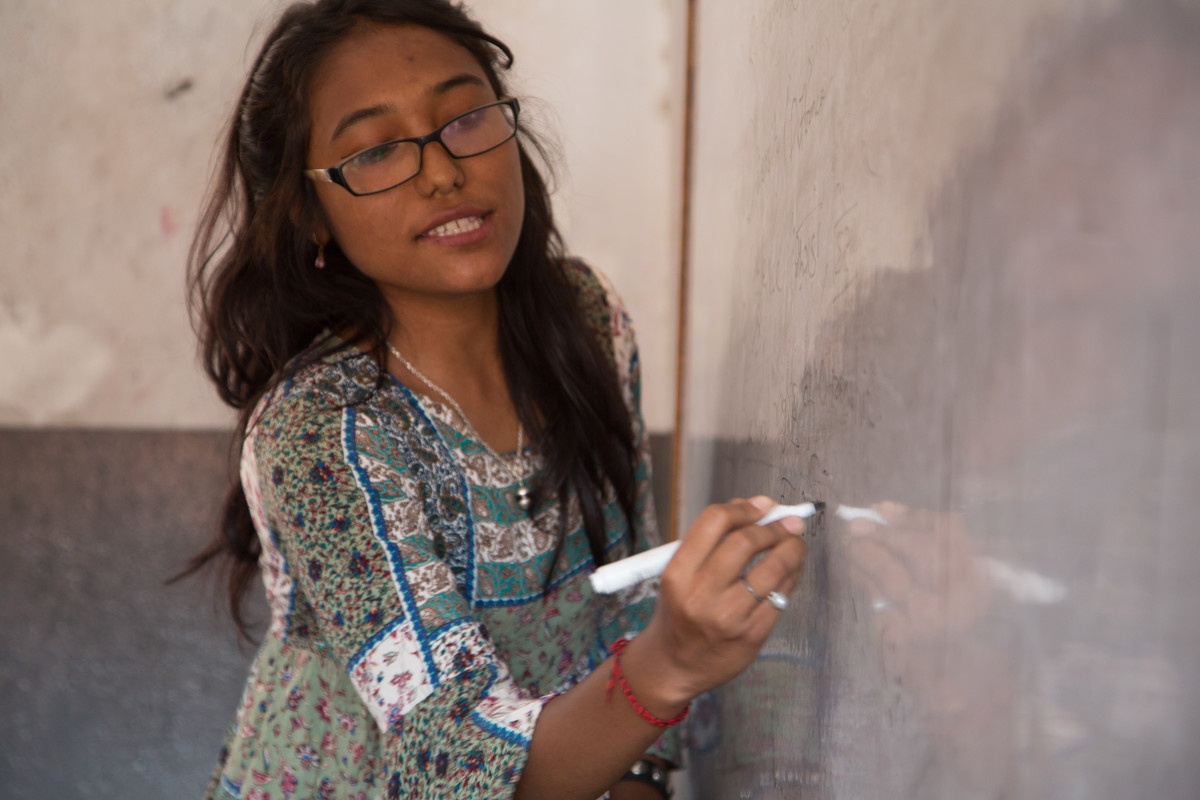IPPF welcomes the new International Technical Guidance on Sexuality Education, which was published last week by UNESCO in collaboration with UNAIDS, United Nations Population Fund (UNFPA), United Nations Children’s Fund (UNICEF), UN Women, and the World Health Organization (WHO). This Guidance calls for comprehensive sexuality education (CSE) for young people to promote health and wellbeing, respect for human rights and gender equality, and empowers children and young people to lead healthy, safe and productive lives. The Technical Guidance is designed to assist education policy makers in all countries to design accurate and age-appropriate curricula for children and young people aged five and up.
Based on a review of the current evidence and best practice from around the world, the Guidance notably demonstrates that high-quality, comprehensive sexuality education:
- can contribute to delayed sexual debut, increased use of condoms and other contraception methods, and may help promote more positive and healthy attitudes and behaviours regarding sexual and reproductive health
- is essential to combat the school dropout of girls due to early or forced marriage, teenage pregnancy and sexual and reproductive health issues
- is necessary because in some parts of the world, two out of three girls reported having no idea of what was happening to them when they began menstruating and pregnancy and childbirth complications are the second cause of death among 15 to 19-year olds
The publication identifies an urgent need for quality comprehensive sexuality education to:
- provide information and guidance to young people about the transition from childhood to adulthood and the physical, social and emotional challenges they face.
- tackle the challenges posed by sexual and reproductive health issues, which are particularly difficult during puberty, including access to contraception, early pregnancy, gender-based violence, sexually transmitted infections (STIs) and HIV and AIDS
- raise awareness of HIV prevention and transmission, of which only 34 per cent of young people around the world can demonstrate accurate knowledge
- complement or counter the large body of material of variable quality that young people find on the internet, and help them face increasingly common instances of cyberbullying.
IPPF is committed to increasing access to rights-based, inclusive CSE, and in 2016 we provided over 28 million young people with a quality-assured CSE programme. Our Framework for Comprehensive Sexuality Education supports the provision of CSE that equips young people with the knowledge, skills, attitudes and values they need to determine and enjoy their sexuality – physically and emotionally, individually and in relationships. IPPF has reaffirmed this commitment by including CSE as a key objective of our Strategic Framework and pledging to enable one billion people to act freely on their sexual and reproductive health and rights by 2022. We congratulate all stakeholders who rallied together to produce this Guidance in support of young people’s right to education and information about their sexual and reproductive health and rights.
when
Subject
Comprehensive Sex Education










